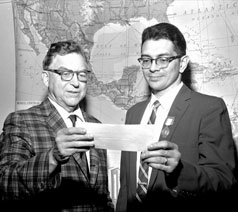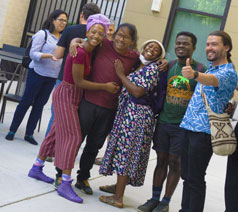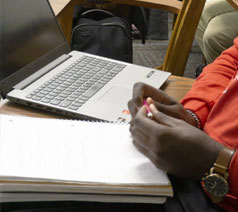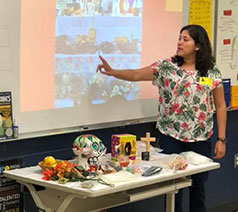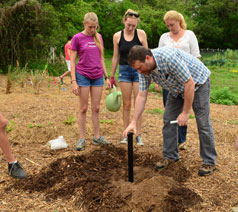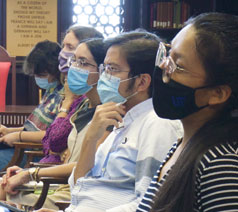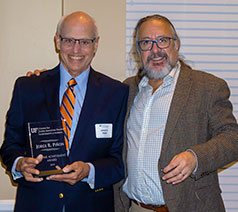Chimborazo Runakuna: Intimacy, Religion, and Power in the Andes of Ecuador (1954 -1967)
Event Start Date: November 07, 2023 6:00 PM
Event End Date: November 07, 2023 7:30 PM
.
Chimborazo Runakuna: Intimacy, Religion, and Power in the Andes of Ecuador (1954 -1967)
photography exhibit by Kleber Naula, in collaboration with Dr. Carmen Martinez Novo
Tuesday, November 7 | 6:00 pm
La Casita
Refreshments provided. Please RSVP: https://bit.ly/46TILGI
Photographers:
- Joel P. Mullen
- Frederick DeSmith
- Robert Henderson
- Patricia and Henry Klassen
- Jhon and Leona Malick
Sponsored by:
- UF Center for Latin American Studies
- UF Center for Humanities and Public Sphere
- Latin American Collection, UF Smathers Library
- UF American Indian and Indigenous Studies
The Story Beyond the Exhibit
The Story Beyond the Exhibit
Eulalia, an indigenous woman from the Andes of Ecuador, passed away in the early eighties, but I survived as a three-week-old boy. My grandparents, Tránsito Guacho and Juan Naula, helped raise me. As a college student, I found a few tiny 2x4 inches pictures, and this discovery led me to look for images of my mother. Twenty years later, I found my mother´s, my family’s, and thousands of other photographs that illustrate the history of my community and its relation to protestant missionaries and Peace Corps Volunteers. With the help of Joel and Frederick, former Peace Corps Volunteers, and the members of the Gospel Missionary Union (GMU), I was able to recover 70 years later photos of El Troje and other communities of the Ecuadorian Andes in personal archives dispersed throughout the United States.
Even though GMU missionaries started to preach in indigenous communities in 1902, in Caliata, El Troje community (Kichwa-speakers), is where Indigenous Protestantism began an enormous awakening in 1954. My family was instrumental to the advance of the protestant faith. The first indigenous Protestant pastors, medical doctors, and the first Kichwa congressman in Ecuador were part of my extended family, a fact not unrelated to the pedagogic labor of missionaries and other volunteers in my community.
I have explored over 10,000 pictures in Utah, Louisiana, and Arizona and selected photographs, personal belongings, and some historical documents for this exhibit. With Professor Carmen Martínez-Novo, I have analyzed concepts such as Kishpichina (forgiveness), the Work Ethic, the Modern Ayllu (family), Makitakuna (Service to others), and Progress and Modernity as they are understood by the members of my community. As a third-generation family member, I describe my uncle Manuel’s and my father José’s struggles between submitting to religion or living a secular life. They debated whether to be part of an indigenous guerilla, a politician or become Protestant pastors.
Kleber Naula Yautibug
Curator
Grandson of Weavers and Farmers

